Cannabis Cultivation
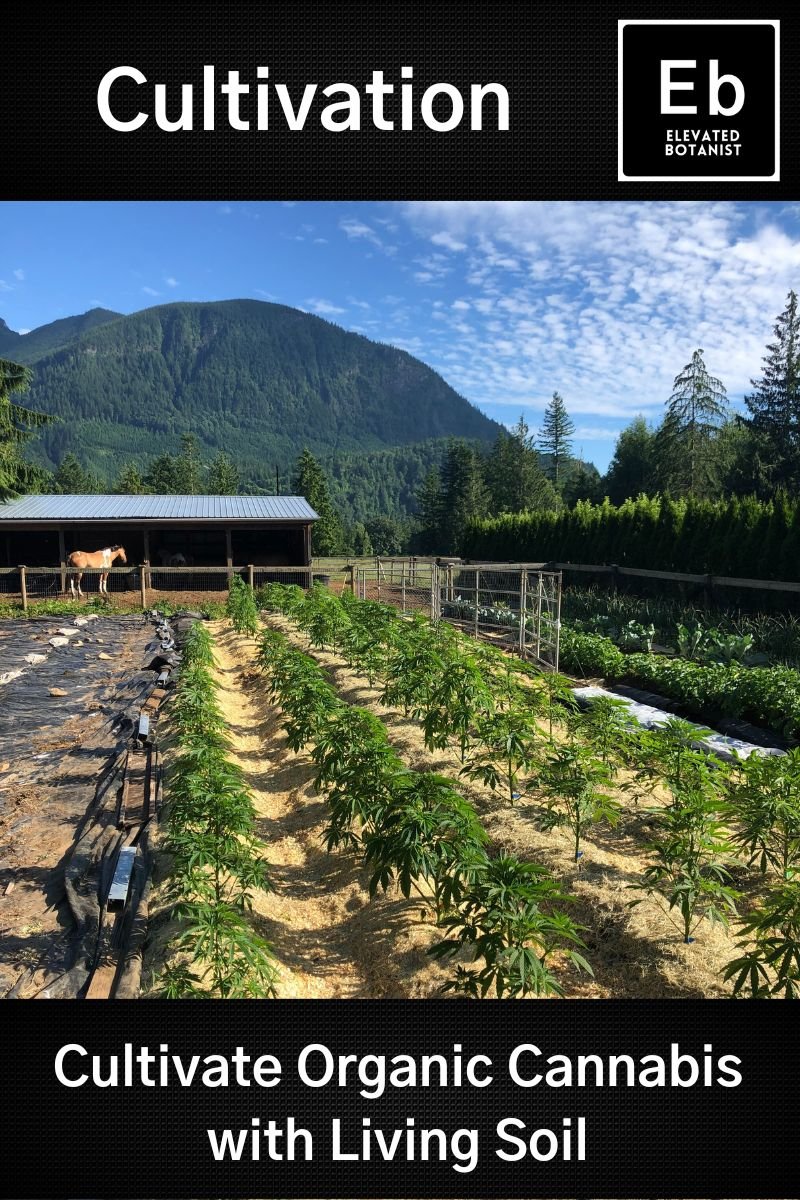
Cultivate Organic Cannabis with Living Soil
Organic cannabis hits different.
When properly grown and cured, the complexity of flavor and effect is hard to beat.
This aesthetic difference can be attributed to the diversity of nutrients and probiotics available in living soils.
Growing Organic Cannabis is not rocket science, but there is some science involved.
If you invest a bit of time to better understand what is happening in the root zone, your quality and yields will improve.
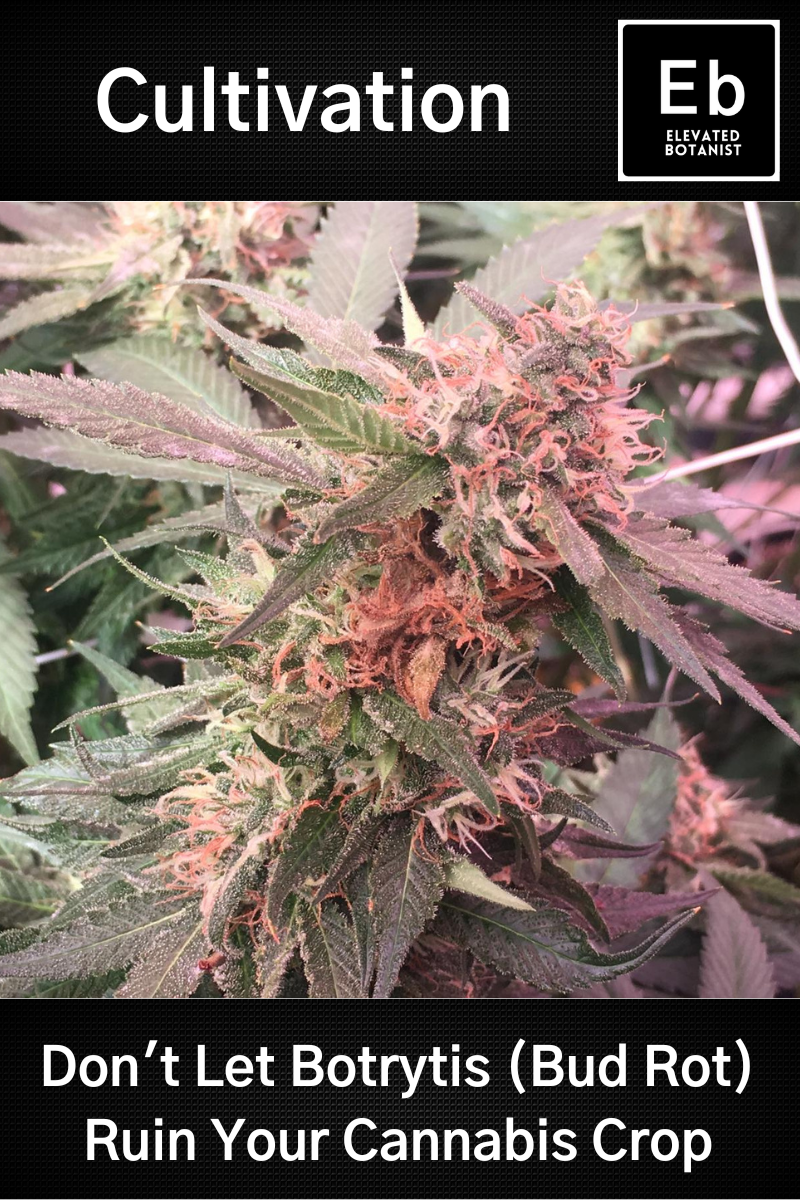
Don’t Let Bud Rot Ruin Your Cannabis Crop
As an outdoor grower, in the dank forests of British Columbia, I’ve battled grey mold and bud rot for decades.
I have witnessed hundreds of kilos of cannabis rotting in the field.
When climate conditions favor infection, these fungal diseases can rampage through a flowering crop like the zombie apocalypse.
Few things are worse than watching something you have nurtured be consumed by disease.
For me, this struggle is personal.
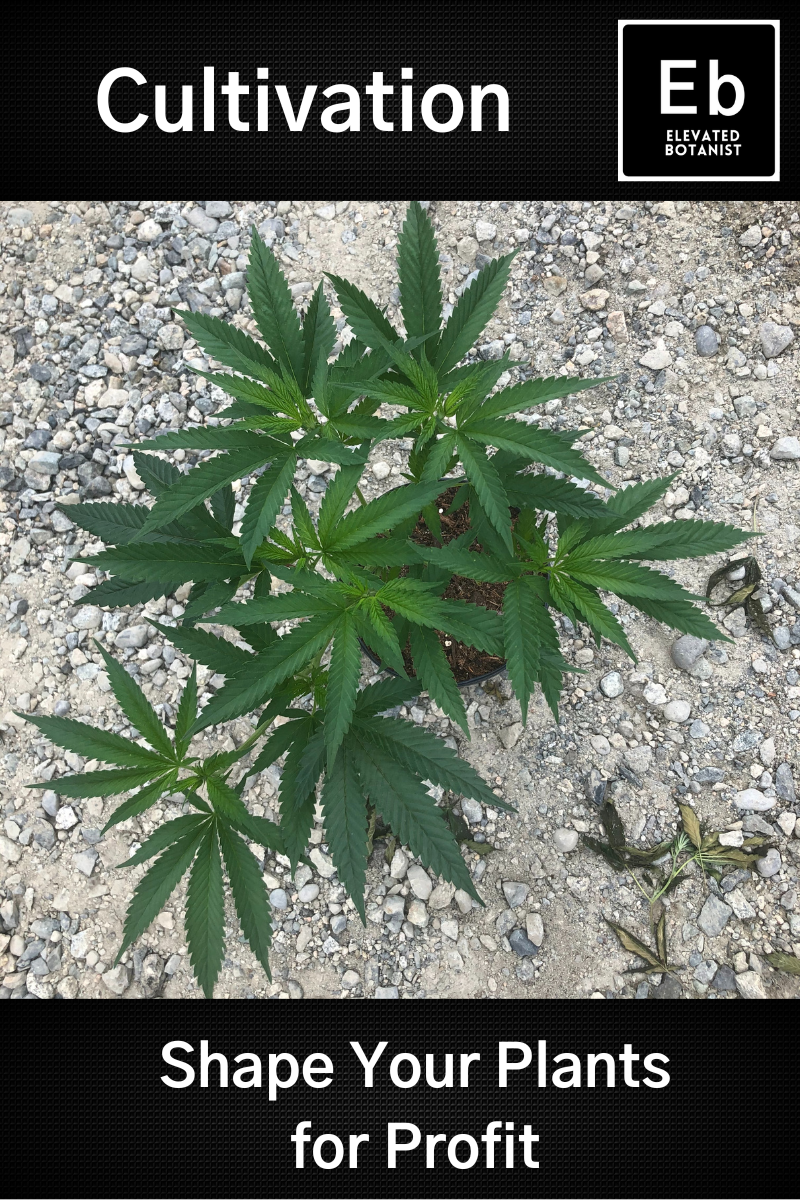
Shape Your Plants for Profit
An even canopy is not just a beautiful thing to behold.
Plant structure in horticulture systems has important impacts on quality and yield.
Your plant’s growth habit is determined by hormonal signaling systems.
Pruning and training techniques are used to shape the structure of your plants by influencing these signaling systems.
Understanding the language of hormone regulation will help you shape your crop.
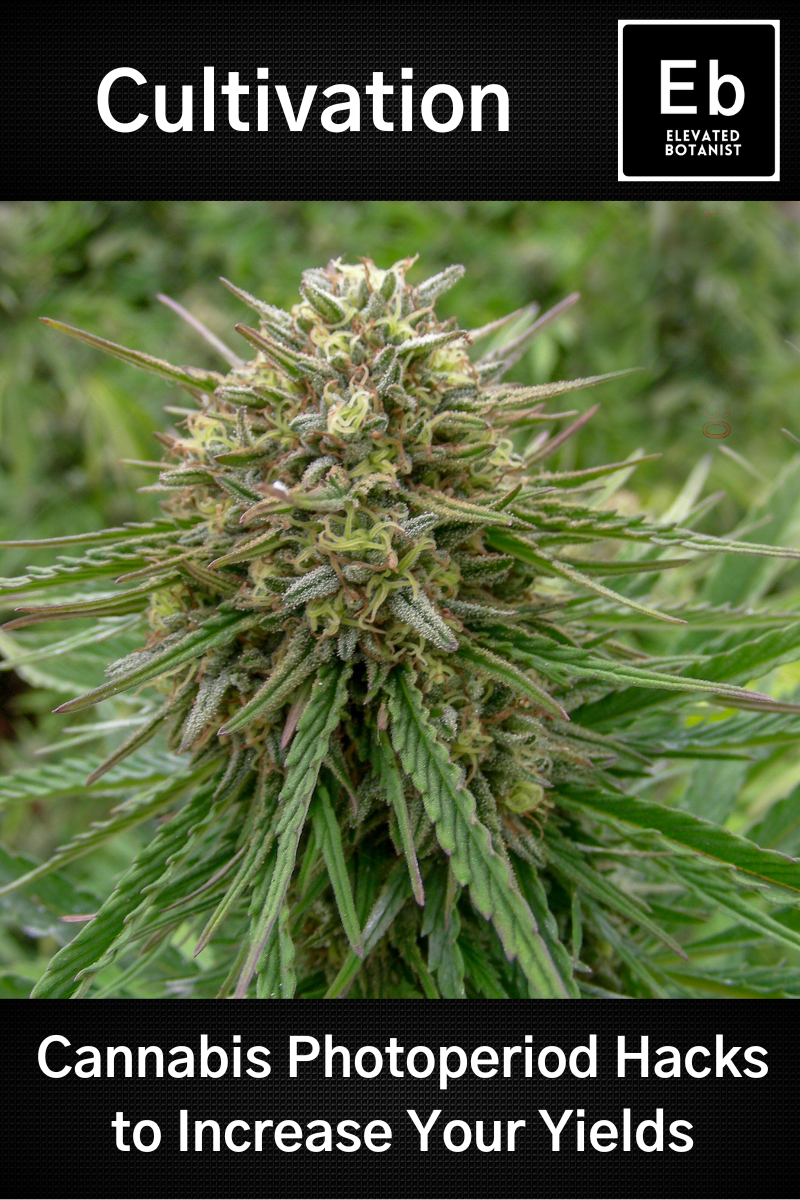
Cannabis Photoperiod Hacks to Increase Your Yields
A lot of growers are leaving money on the table due to a failure of imagination.
The idea that cannabis should always veg at eighteen hours of light and flower at twelve is wrong.
Cannabis plants do not require total darkness to flower and trivial light leaks will not cause plants to “herm”
For those of us who are prepared to replace cannabis mythology with plant science, there are opportunities to improve yields, by better understanding our plant’s photoperiod requirements.

How to Grow Better Autoflowers
Autoflower vs. Photoperiod
The Ruderalis Story
Lowryder Strain
Autoflower Breeding
Feminized Seeds
Seed Germination
Auto Seedlings
Autoflower Light Cycle
Growing Autos Indoors
Growing Autos Outdoors
Root Expansion
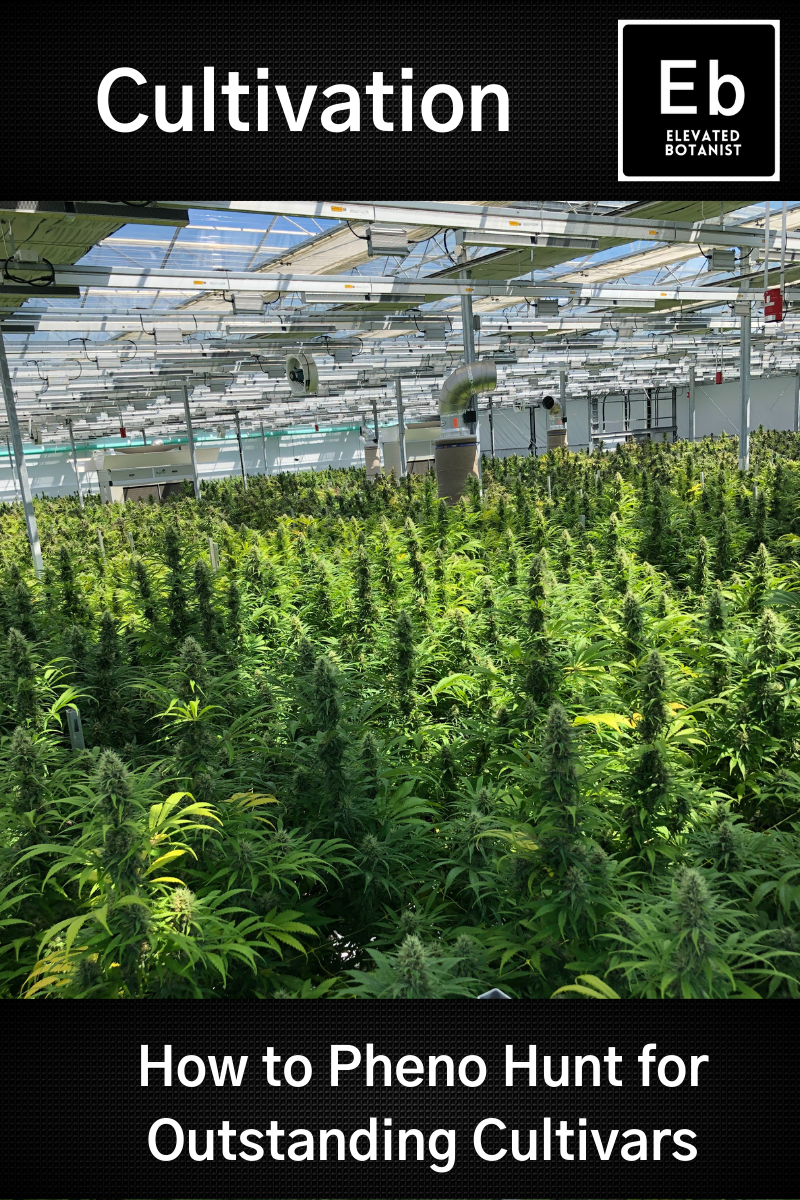
How to Pheno Hunt for Outstanding Cultivars
The best plant among a 10 pack of seeds is easy to determine with a little help from your friends.
But how do you locate a truly outstanding cultivar among thousands of candidates that can serve as the basis for your Brand Empire?
You need to develop a phenotyping program.
This requires an understanding of horticulture trial design in the context of cannabis physiology.
I am happy to share my experience in this regard.
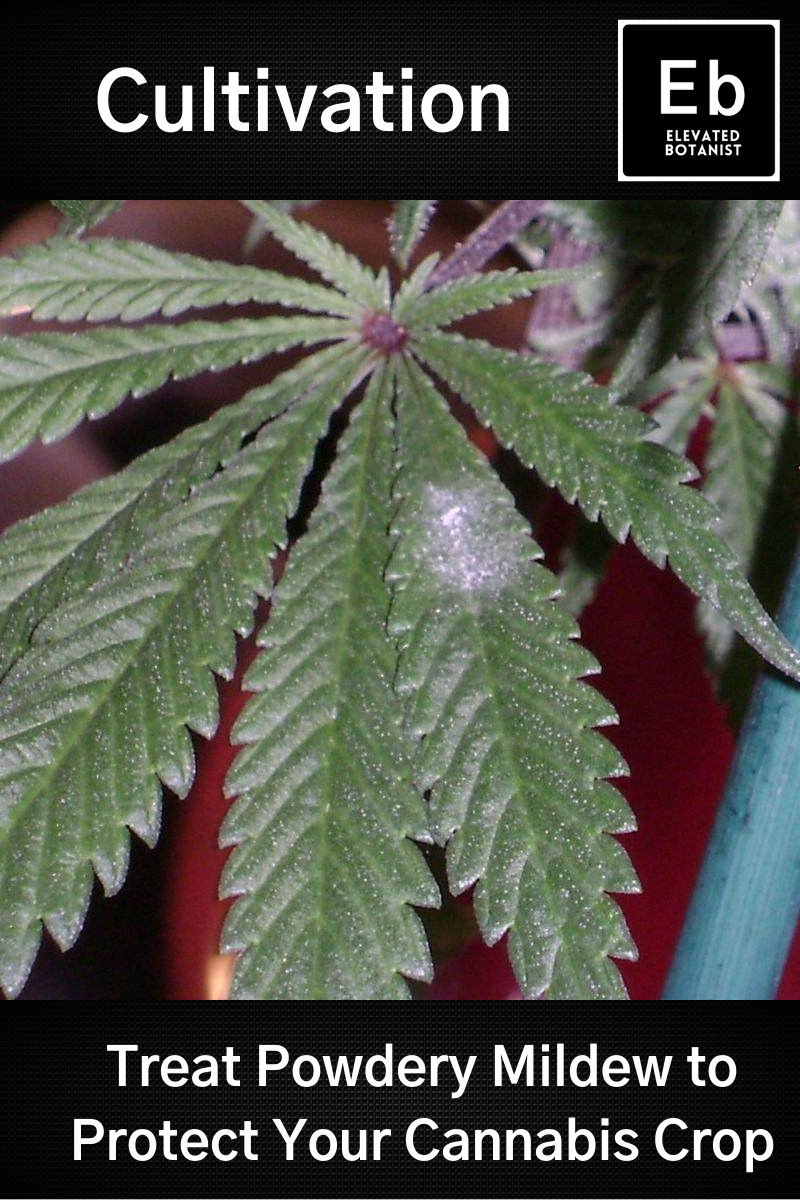
Treat Powdery Mildew to Protect Your Cannabis Crop
Powdery mildew disease is responsible for the destruction of billions of dollars’ worth of cannabis every year.
The systemic fungicides used to treat this disease in other crops are not approved for use on cannabis for human safety reasons.
The key to managing this disease is understanding the pathogen’s lifecycle, and disrupting the conditions that favor infection.
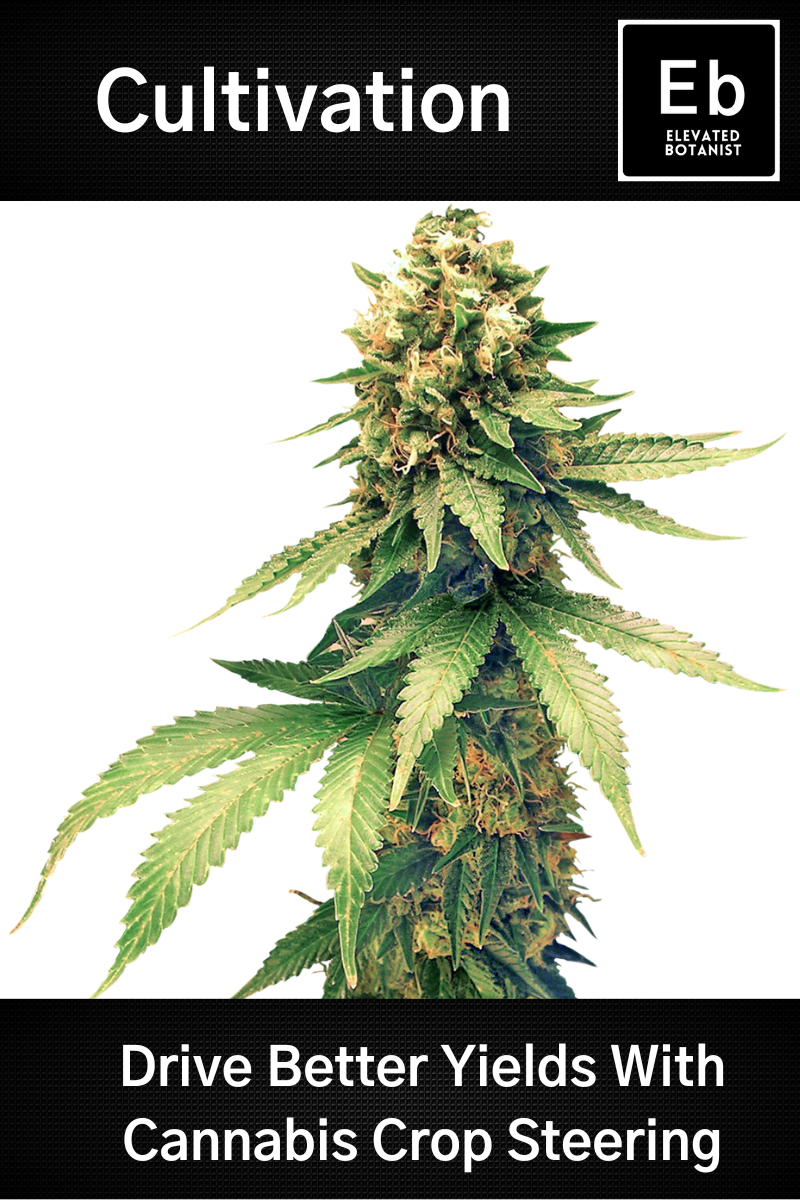
Drive Better Yields with Cannabis Crop Steering
The cross talk between hormones and other chemical signaling systems creates a language through which plants can respond to their environment with directed growth.
Crop Steering is a horticulture approach that uses management of environment and inputs to promote specific plant responses based on hormone signaling.
Inputs like irrigation timing and photoperiod duration can influence plant signaling systems to benefit productivity.

8 Core Components of a Cannabis IPM Program
Like other high-density crops, cannabis is susceptible to pestilence and disease, particularly during the late flowering stage.
Fortunately, it is possible to manage pest pressures, and produce clean compliant cannabis without the use of systemic pesticides.
To achieve this goal, growers need to use every tool in the box.
Integrated Pest Management (IPM) programs are holistic systems to manage pest pressures below the threshold of economic damage.
